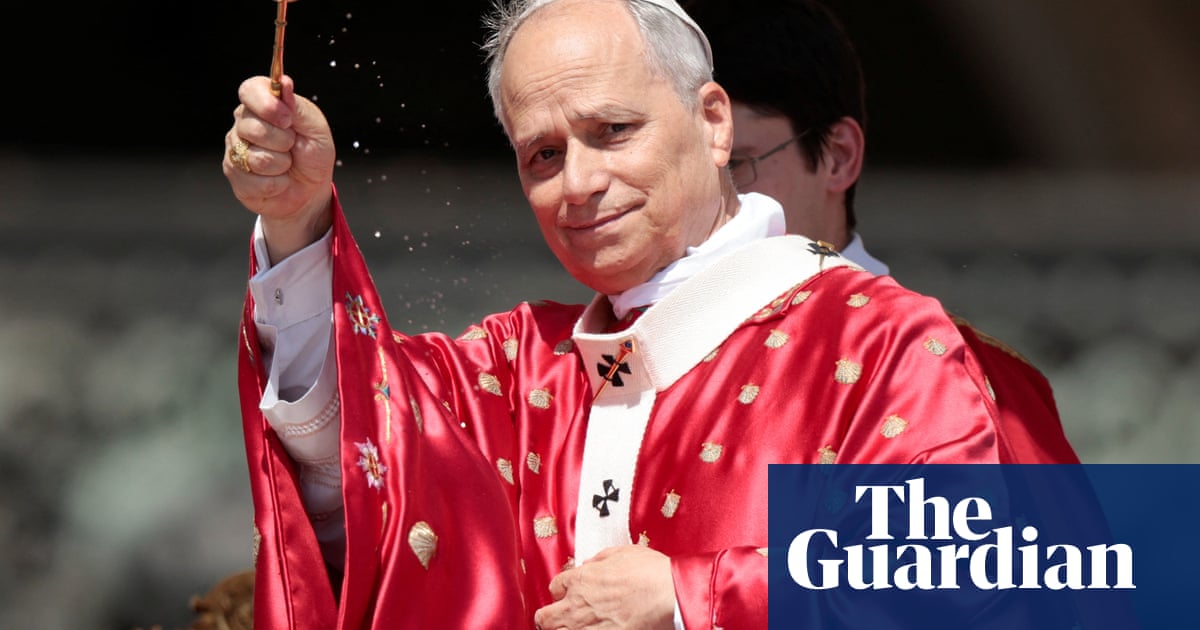The article delves into Pope Leo's recent criticisms of nationalist political movements, emphasizing their divisive nature and exclusionary mindset. This rhetoric is particularly relevant in the context of contemporary global politics, where nationalism has seen a resurgence in various countries. The Pope's call for inclusivity and breaking down barriers resonates with many who advocate for more open and accepting societies.
Political Context and Implications
Pope Leo's remarks come at a time when nationalist sentiments are often associated with anti-immigration policies and xenophobia, especially in the United States and Europe. By addressing these issues during a significant liturgical event, he not only reinforces the Catholic Church's stance on social justice but also positions himself as a moral authority critiquing the status quo. His previous criticisms of figures like Donald Trump suggest a clear alignment with more progressive political values, which could alienate conservative factions within the Church.
Public Perception and Community Response
The Pope's message is likely to resonate with progressive communities that advocate for immigration reform, racial equality, and social justice. However, it may also provoke backlash from nationalist groups who view such statements as an affront to national sovereignty. This duality in reception indicates a polarized public opinion that could deepen societal divisions rather than heal them.
Underlying Issues and Concealments
While the article focuses on the Pope's statements, it may be glossing over the broader implications of these remarks. For instance, discussions regarding economic policies, social inequality, and the role of the Church in addressing systemic issues are notably absent. This could suggest an intent to steer public discourse towards a specific narrative favoring inclusivity while sidestepping more contentious issues.
Trustworthiness and Manipulative Aspects
The article appears credible, as it references a significant public event and quotes the Pope directly. However, the framing of the narrative may carry a degree of bias, especially if it selectively highlights certain aspects of his message while omitting others. The language used is evocative and aims to elicit strong emotional responses, which could be seen as manipulative.
Comparative Analysis with Other News
When compared to other news articles addressing nationalism and immigration, this piece aligns with a broader trend of religious leaders speaking out against exclusionary practices. It highlights a growing movement within various religious communities advocating for social justice, which is becoming increasingly relevant in today's political landscape.
Potential Impact on Society and Economy
The Pope's statements could influence public opinion on immigration and social policies, potentially impacting political campaigns and elections. Economically, a shift towards more inclusive policies could have implications for labor markets, particularly in sectors reliant on immigrant labor.
Target Audience and Support Base
The message is likely to appeal to liberal and progressive communities, including social justice advocates, immigrants, and those who feel marginalized. Conversely, it may alienate conservative groups who prioritize national identity and security.
Global Dynamics and Current Relevance
This commentary on nationalism connects to larger global trends where nations grapple with identity, migration, and community. The Pope's perspective adds a moral dimension to these discussions, which is increasingly relevant in a world facing significant demographic changes and political upheaval.
AI Influence in Writing
There is a possibility that AI tools were utilized in crafting this article, particularly in structuring arguments and ensuring clarity. AI models could have influenced the tone, aiming for a more persuasive and engaging narrative. However, the emotional depth and particular nuances of the Pope's message suggest a human touch in the final presentation.
In conclusion, while the article presents a credible account of Pope Leo's statements, the implications of his message and the potential biases in its presentation warrant careful consideration. The overall reliability of the report is high, yet it reflects a specific narrative that may not encompass the complete picture of the current political climate.
